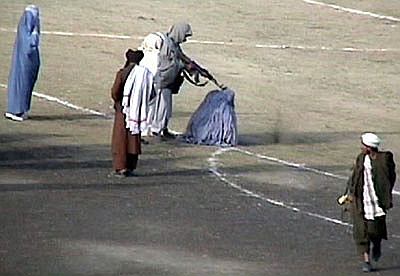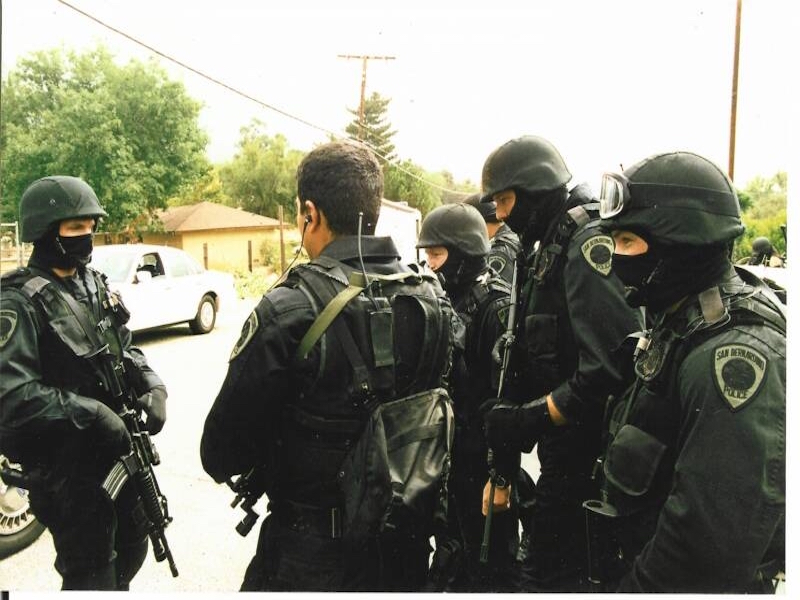The United States Institute of Peace recently held a symposium on the subject of “Men, Peace, and Security.” The purpose of the symposium was to “better understand how the ascribed norms of men and masculine identities contribute to, and may even help mitigate, violent conflict and post-conflict.” One of the key findings of the event was that male identity is often construed with the need to act as the family provider and protector. In conflict scenarios or in times of economic downturn, such tasks are made especially difficult. There is enormous societal pressure for the man to live up to the expectations placed on him by virtue of his gender. When they fail, men often feel compelled to reassert their power and in their desperation they turn to violence.
These notions of masculinity appear as entrenched in social norms throughout much of the world. There is strong evidence suggesting that these understandings of male identity are merely social constructions. For instance, research demonstrates that men are not inherently more violent than women. This shows that violent male behaviour is more likely a result of decades-worth of social conditioning rather than an innate characteristic. Empirical evidence from Afghanistan further proves this point, where young men who have grown up in the context of protracted conflict have tended to join violent groups in an effort to gain power.
A bit closer to home, this “crisis of masculinity” appears to be having dramatic consequences. Boys are underachieving scholastically in Canada, the US, the UK, and Australia. The economic downturn of 2008 brought the issue of male identity and its outdated nature sharply into focus as it became increasingly difficult for men to maintain their status as the sole providers in their families. The Canadian Centre for Policy Alternatives has referred to this phenomenon as the “he-cession.”
Changing economic realities are at the same time colliding with a generation of young women who have grown up with a close association to the ideals of feminism, namely a belief that they can do whatever they want. While the narrowing of the employment gender gap is considered a victory for equality, the effect it is having on traditional notions of masculinity cannot be ignored. A re-framing of gender norms and identity and an appreciation for diversity will be a positive thing for both men and women moving forward, but this conversation must involve both genders.
In his popular TED Talk, Jackson Katz explains that gender violence is a multifaceted issue that must be addressed cooperatively by both men and women. He points to a multiplicity of reasons why gender violence may happen, including issues related to economics, social inequality, sexism, race, and ethnicity. His underlying argument is that domestic violence, rape, and sexual abuse are men’s issues because they are violent behaviours that are tied to definitions of manhood. He argues persuasively that too often the issue of gender violence has become a battle of the sexes (often personified in the characterization of outspoken female activists as being man-haters). By confronting this reality in conjunction with the aforementioned societal factors, men and women can begin to unravel the roots causes of violence and begin addressing them.
Such programs are already underway in other parts of the world. In Lebanon and Croatia, boys and young men are participating in programs designed to deconstruct traditional, stymying ideas of masculinity. Gender violence continues to be a problem in Canada as domestic abuse accounts for 12% of reported violent crimes in the country each year. However, since most incidents of domestic violence go unreported, the actual number is probably much higher. Violence against Aboriginal women is a particularly black mark against Canada’s human rights record, made worse recently by the government’s refusal to allow a United Nations investigation to be conducted.
Gender violence remains a grave issue on local and global scales and there is compelling evidence to suggest that at its root may lie problematic understandings of male identity. The social construction of gender norms is proving to be harmful to the psyche of men and women both at home and abroad. Although there is no singular cause of violence, strict and unimaginative understandings of masculinity are clearly not helping. Gender violence is both a women’s issue and a men’s issue, and the sooner we begin thinking of the problem this way, the sooner we can begin working toward a meaningful solution.




